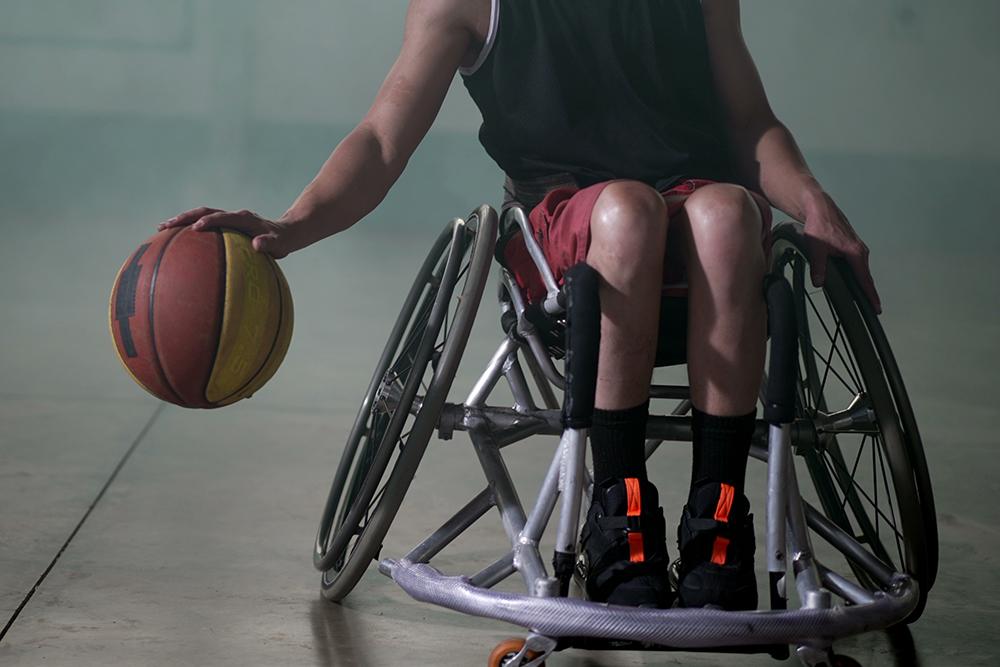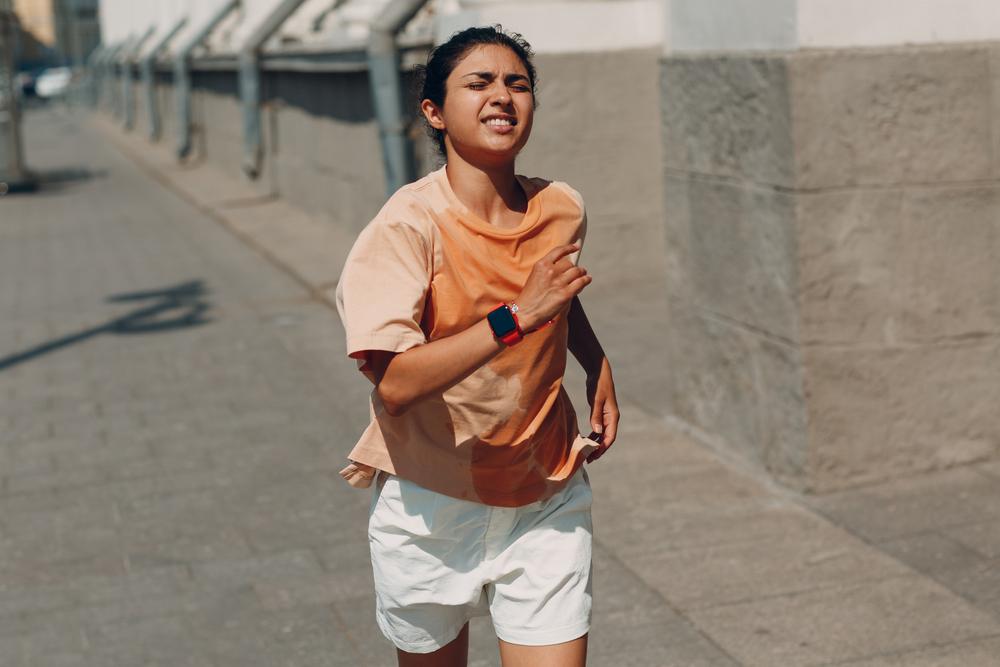 Should you be tracking your period with an app or trusting a wearable to let you know when it’s about to start? Technology in sport has come a long way, and recently, great strides have been made in the women’s health and technology space. But what does it mean for athletes?
Should you be tracking your period with an app or trusting a wearable to let you know when it’s about to start? Technology in sport has come a long way, and recently, great strides have been made in the women’s health and technology space. But what does it mean for athletes?
Dr. Laura Lewis is the Director of Science at the U.S. Anti-Doping Agency (USADA) and has worked with athletes tracking a variety of metrics for the last two decades. While she primarily focused on power on the bicycle and altitude training for athletes, she’s watched the developing field of wearables and apps designed to monitor athletes’ health and fitness with great interest. For young women, there are many apps and wearables available now that make it easy to understand and track your menstrual cycle, which can offer important information about your health and athletic performance. Here’s what we know.
What can wearables and apps track for women?
While apps and wearables initially started tracking women’s menstrual cycles in order to help women hoping to become pregnant, they’ve begun to focus on other elements of women’s cycles as well. Now, apps and wearables serve as more holistic cycle trackers, designed to help any woman better understand the phase of the menstrual cycle that she’s currently in.
Most smartwatches and apps rely on your input in order to track your cycle, says Lewis. Some simply have you input information about how you’re feeling and when your period starts and ends. Others will ask you to track your temperature as well, for a more nuanced view of where you are in your cycle. Some more expensive wearables and external patches will track and log body temperature and use your input about when your period starts to confirm where you are in your cycle.
Why does tracking your cycle matter?
Tracking your cycle as an athlete can give you a better understanding of your body and how different phases of your menstrual cycle affect you physically, mentally, and emotionally. You may find that midway through your cycle is when you have your best performances once you start tracking your period and making notes about how your training and competitions are going. It might also help you spot patterns like a lack of motivation right before your period, says Lewis.
![]() A tracker won’t be able to change how your period makes you feel, but it may help get you through your workout if you know your bad mood is based on hormonal fluctuations rather than your athletic abilities. It also might help you realize that you need an extra rest day or easy day in the week before your period in order to perform at your best, says Lewis.
A tracker won’t be able to change how your period makes you feel, but it may help get you through your workout if you know your bad mood is based on hormonal fluctuations rather than your athletic abilities. It also might help you realize that you need an extra rest day or easy day in the week before your period in order to perform at your best, says Lewis.
It can also be useful simply because you’ll become more aware of when your period is projected to start each month. This makes it easier to be prepared with a stocked gym bag or other precautions.
A cycle tracker app or wearable can also help flag health concerns. If your periods have been regular and suddenly, you start skipping them more often or the time between them becomes longer, that could be an early warning sign of Relative Energy Deficiency in Sport (REDs) or other health conditions, says Lewis. Having that information to share with your doctor can be helpful in getting a diagnosis and quickly catching problems with underfueling and overtraining.
Are there any disadvantages to tracking your cycle on an app or with a wearable?
Tracking your cycle with a wearable can offer interesting information, and it can help flag potential problems to bring up with your doctor. But it is important to remember that race days and big championship games can happen anytime in your cycle, says Lewis. So, while this information may be helpful in training, try not to let it affect how you feel on competition day.
In general, tracking your period and understanding your menstrual cycle is a positive thing and a good way to stay in tune with your body. However, tracking any health metric can lead to increased stress and anxiety if you get too focused on it.
It’s also important to note that if you only got your period within the last couple of years, your cycle may not be standardized yet. Irregular periods are common. Skipping a period or a late period may not be cause for concern, but a wearable or period tracker may make it seem like a major problem, and that can cause a lot of stress!
Finally, it’s important to remember that third-party apps do have privacy concerns, and not all period tracking apps are created equal. Because reproductive health is unfortunately highly politicized, it’s important to at least be aware that your data may be shared if you’re using an app that has your information stored in it. If you prefer to keep your data private, consider simply using an emoji-based note system on your digital or physical calendar to track when you have your period, or keep the dates in a physical or digital note.
_______________________
Takeaway
You can use an app or wearable to track your period, but don’t let your menstrual cycle define what you can or cannot do in competition. Knowing when your period is coming can be helpful from a practical standpoint, it can inform your training, and it can also help you stay alert for early warning signs of REDs. But be cautious about what tracking apps you’re using, and always talk to your doctor if you have a concern about your menstrual cycle or general health.



